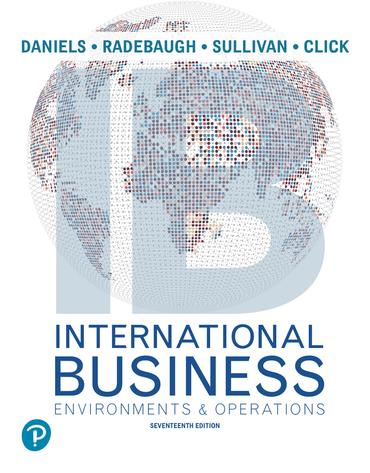The U.S. per capita spending on both health care and pharmaceuticals is the worlds highest. On the
Question:
The U.S. per capita spending on both health care and pharmaceuticals is the world’s highest. On the other hand, U.S. pharmaceutical expenses have been rising faster than incomes, and the portion paid by workers has been rising faster than the portion paid by health plans. There are numerous explanations to the excessive price increases of essential drugs in the U.S. when there is little or no domestic competition. Chief among them are restrictions on U.S. pharmaceutical imports, which, basically, allowed U.S. pharmaceutical companies to set their U.S. prices and prohibited U.S. consumers from gaining access to cheaper drugs that have not received FDA approval in foreign countries such as Canada. Most assessments conclude that Canadian prescription drugs may cost 40–60 percent less at the retail level than in the United States. Another explanation is safety, namely the danger that counterfeits and illegal drugs might have on public health. Additionally, the price increase of essential drugs is defended by the need of U.S. pharmaceutical companies to recoup the development costs. U.S. pharmaceutical companies claim that they will have to greatly reduce their research budgets if they lose the ability to charge high U.S. prices in the inception phase of their new drugs. Importing from Canada (or elsewhere) will counter this ability.
Questions
1. Should the United States legalize the importation of lower cost pharmaceuticals? If so, should this apply to individual consumers, pharmacies, or other entities?
2. If the United States were to permit importation of lower cost pharmaceuticals from abroad, should this importation apply to all foreign countries or a limited number? If a limited number, which should they be and why?
3. If the United States were to permit importation of lower cost pharmaceuticals from Canada, what safeguards should be enacted to help assure the safety and efficacy of the imports?
4. If the United States were to permit importation of lower cost pharmaceuticals from abroad, should this apply to all pharmaceuticals or just to some? If just to some, what criteria should be used?
5. If pharmacies were allowed to import less costly drugs from abroad, should regulations be put into effect to pass on some/all cost savings to consumers? If so, what should they be?
6. Consumers seldom propose the reduction of import restrictions to lower their costs. Why has this occurred for pharmaceuticals and not for other products?
Step by Step Answer:

International Business
ISBN: 9780137392322
17th Edition
Authors: John D. Daniels, Lee H. Radebaugh, Daniel P. Sullivan, Reid W. Click





